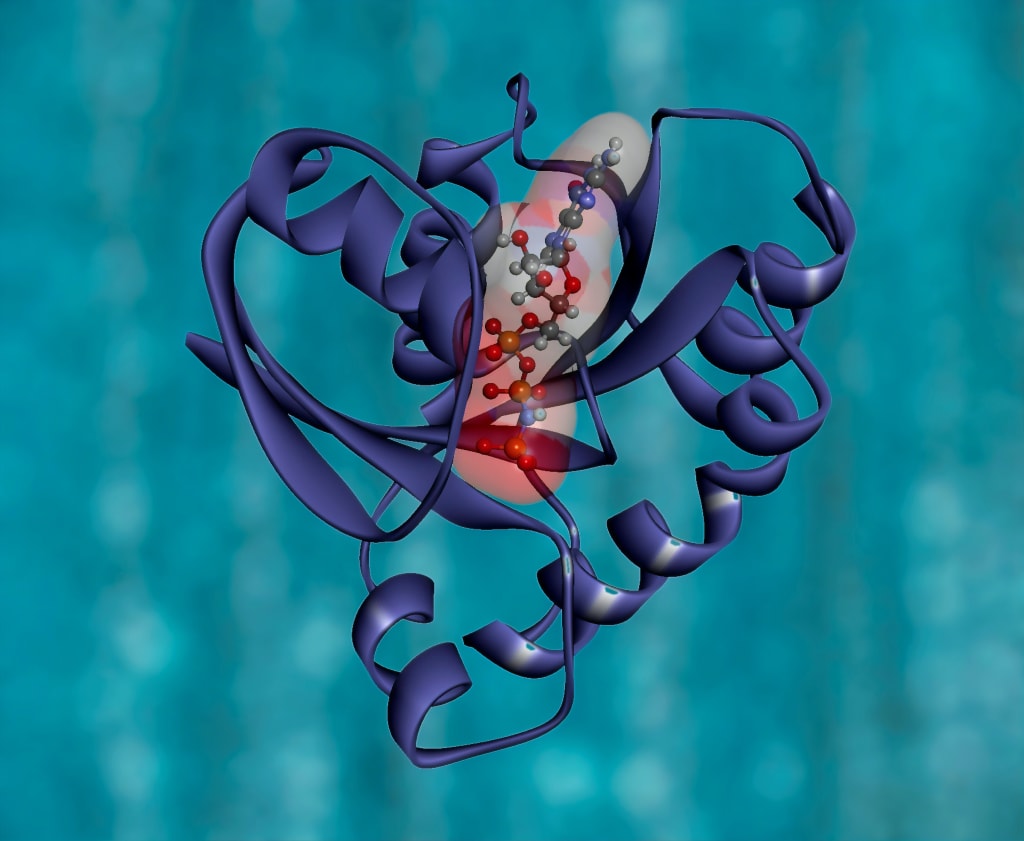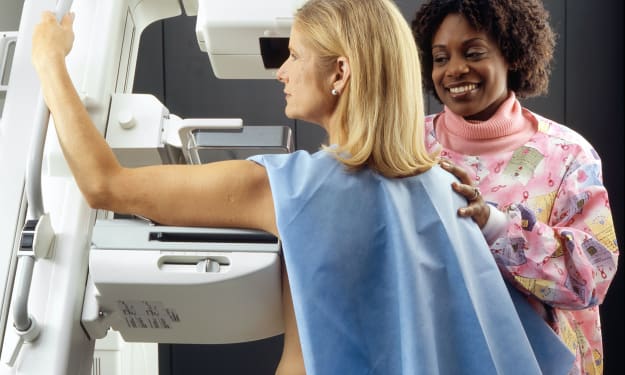Cancer awareness is key for early detection: Common misconceptions about cancer and its treatment
Misinformation about cancer and myths that surround it can make it difficult to spread awareness, and get people to get tested and treated for the disease.

Cancer is one of the most deadly diseases that affect millions of people around the world. World Cancer Day is observed on the 4th of February, every year. The day aims to raise awareness about the disease and provide means for early diagnosis of cancer. Early detection of cancer is one of the most important events for cancer treatment. When cancer is identified before it spreads within the organ, or even to other organs of the body, it is easier to treat, and chances of successful treatment and survival increase. However, misinformation about the disease and myths that surround it can make it difficult to spread awareness, and get people to get tested and treated for the disease.
"In the age of information that we live in, some popular misconceptions about cancer and how it is treated have managed to take root among the community," says Dr Priya Tiwari, Sr. Consultant, Medical Oncologist, Artemis Hospital, Gurugram. "These misconceptions can make people averse to seeking medical care and also make cancer patients and their loved ones feel confused or unsure when choosing a treatment. It is very important to be aware of the facts so that unscientific and unproven information doesn’t come in the way of early diagnosis and effective treatment," she added.
Here are some common misconceptions shared by the expert that we must steer clear of.
Misconceptions about cancer you must not believe
Cancer always causes painful symptoms - It is a misconception that all cancers cause pain. Cancer often has no specific symptoms, especially in the initial stages. It is important that people limit their risk factors (lack of exercise, eating a lot of processed food, obesity, smoking, etc) and undergo appropriate cancer screening. As a rule of thumb, seek advice from cancer specialists to rule out cancer, if any health conditions like a cough don’t resolve in 4-6 weeks despite treatment.
If no one in the family has had cancer, that means you are risk-free - Only about 5-10 per cent of all cancers are inherited or genetic. Majority of cancers (90-95%) are caused by mutations in the DNA that happen during a person's lifetime as a by-product of increasing age and exposure to environmental factors such as air pollution, cigarette smoke, tobacco and other carcinogens. Do not be complacent if you have no family history of cancer, get regular screenings done. It is important for everyone to live a healthy lifestyle to reduce their risk of developing cancer.
Once detected, a cancer diagnosis is life-threatening or fatal - Whereas cancer was once considered a death sentence, today more and more cancer patients are surviving if given appropriate and timely treatment. With so many breakthroughs in cancer treatment, certain cancers are completely curable, and most patients can live a long and healthy life once treated. For example, breast cancer patients have above 90 per cent survival if detected in early stages (I & II). Early detection is the key to beating cancer, so it is important to undergo regular screening and not delay seeking medical advice.
Needle biopsy or surgery can cause cancer to spread - Studies have dispelled the myth that cancer biopsies disturb cancer cells and cause them to move and spread. Biopsies offer very valuable information – they help confirm malignancy and allow oncologists to plan treatment based on the characteristics of the tumour. In some cases, chemotherapy and radiation might be required before surgery for a better outcome. There is also no evidence that undergoing surgery can cause cancer to spread. It is important not to delay or refuse treatment because of this myth. Curative surgery, used when the cancerous tumour is localized to a specific area of the body, removes the tumour from the body. This type of treatment is often considered the primary and most important treatment.
All cancer patients get the exact same treatment - Cancer treatment has moved away from a one-size-fits-all approach. Treatment plans vary widely depending on the stage and type of breast cancer and also on patient preferences. For example, breast cancer patients can choose between full breast removal (mastectomy) or removal of only the malignant lump (breast conservation surgery). Radiation therapy may or may not be required depending on the type of surgery and lymph node involvement. Depending on the stage and subtype of breast cancer a patient may need chemotherapy or it can also be safely avoided. More and more, cancer treatment is being tailored based on molecular testing - specific changes or mutations in cancer cells may help guide the treatment. Over the last few years, companies have developed prognostic tests, which analyze the molecular make-up of the patient’s tumour and estimate the probability of relapse. Such prognostic tests are also available in India today, which help decide if chemotherapy is needed based on the risk of relapse.
Don’t pay heed to message forwards and other information you find on the internet without any scientific evidence. If you have questions or doubts about things you have heard, ask your doctor.
About the Creator
Dharmendra jaiswal
I'm a freelance writer. I'm a great communicator, with excellent writing skills and the ability to adapt to any situation.






Comments
There are no comments for this story
Be the first to respond and start the conversation.